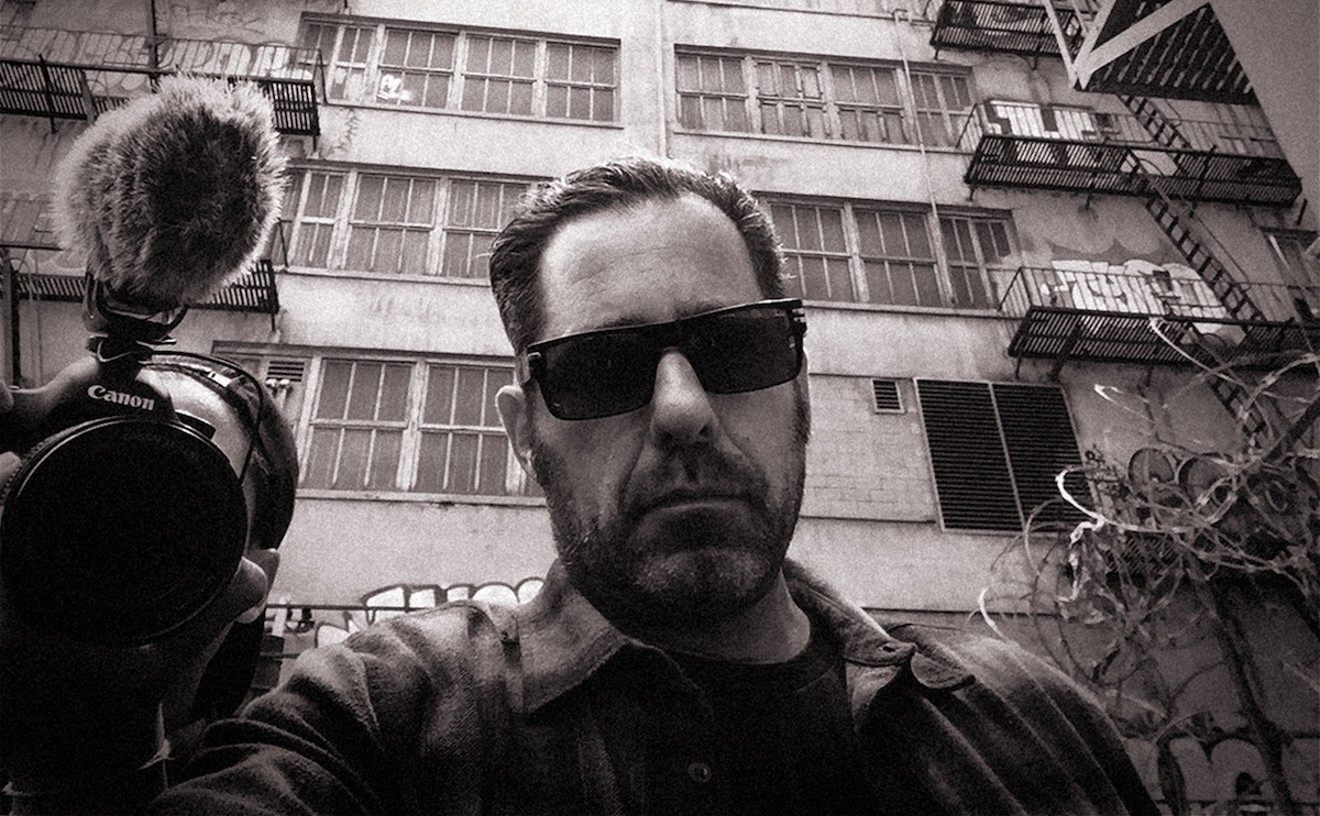It’s not really news that modern dance companies have experienced extraordinary pressures since the 1970s, with seasoned companies closing their doors and celebrated choreographers fleeing for shelter to coveted academic posts.
However, New York-based Carolyn Dorfman Dance has defied the trends, remaining independent and producing critically acclaimed, avant-garde modern choreographies throughout this crisis period.
As part of Dance Now! Miami’s spring season, Dorfman’s piece Odisea will be performed, a piece based on Jews escaping the ravages of the Inquisition in the 17th century.
Speaking by phone with the founder and director of CDD, we asked Dorfman whether she agreed with the label of “Jewish choreographer” given to her by most critics.
Dorfman explains that as a child of survivors of the Holocaust, her family milieu shaped her as a human being, and she is “very proud of those works that have honored [that] legacy.”
However, Dorfman stresses that she draws her artistic energies from her commitment to global values like social justice, humanism and the belief in the importance of community for human well being. The motifs and images of her Jewish tradition sometimes give substance to these universal themes.
She highlights as an example her work The Klezmer Sketch. Set around a dinner table with dancers in street clothes prepared for the family meal, performers open with a dramatic prayer that initiates a rhythm of gestures — arms fling wide as if lecturing, shoulders shrug, fists bang on the table, side-bar conversations occur at each corner. The climax arrives when Dorfman as the mother flings herself at the table’s center only to be caught and held up by all.
“This is a piece that seems entirely structured around Jewish gestures and Jewish music,” she says. “The beginning of the piece is upbeat and energetic, yet there is an ominous change in the middle.”
The Klezmer Sketch, however, could describe many people’s memories of a family Thanksgiving dinner, and Dorfman agrees that it has a broader resonance. During a recent company tour in Bosnia, the Jewish elements of the piece did not register with the audience. Rather, Dorfman says that one man told her afterward how the ominous change in the middle of the piece set him thinking about the region’s recent war.
“The story is not about this or that family or war,” she says. “It is a universal story about people living a life, experiencing a dramatic shock and then asking themselves — so what am I to make of this life-interrupted?”
Dorfman says Odisea should be viewed in the same way. The piece is based on the historical account of the Jews who fled the re-imposition of the Inquisition in northeastern Brazil. After a long sea voyage, 23 finally arrived in Manhattan (then New Amsterdam) in 1654.
The choreography breaks the history into two parts: it first evokes the experience of the conversos — Jews forced to conform (and convert) to externally imposed norms through dread of the Inquisition. The focus of the first part is on people living in an environment where they cannot be publicly who they are. The second half of the piece narrates in dance their experience of arriving at a place of openness and freedom.
Though Odisea clearly relates to an event within Jewish history, Dorfman does not identify this as the work’s most compelling feature. For Dorfman, “Odisea speaks to the commonality of our human experience and how we share this earth in connection.”
— Sean Erwin, artburstmiami.com
As part of Dance NOW! Miami’s Spring season, Odisea will be presented Friday, March 27, and Saturday, March 28, at 8:30 p.m., the Fillmore Miami Beach Black Box Theater, 1700 Washington Ave., Miami Beach. Tickets $35 general seating, $20 students and seniors; 305-673-7300; dancenowmiami.org.
[
{
"name": "Air - MediumRectangle - Inline Content - Mobile Display Size",
"component": "19274298",
"insertPoint": "2",
"requiredCountToDisplay": "2"
},{
"name": "Editor Picks",
"component": "17482312",
"insertPoint": "4",
"requiredCountToDisplay": "1"
},{
"name": "Inline Links",
"component": "18711090",
"insertPoint": "8th",
"startingPoint": 8,
"requiredCountToDisplay": "7",
"maxInsertions": 25
},{
"name": "Air - MediumRectangle - Combo - Inline Content",
"component": "17482310",
"insertPoint": "8th",
"startingPoint": 8,
"requiredCountToDisplay": "7",
"maxInsertions": 25
},{
"name": "Inline Links",
"component": "18711090",
"insertPoint": "8th",
"startingPoint": 12,
"requiredCountToDisplay": "11",
"maxInsertions": 25
},{
"name": "Air - Leaderboard Tower - Combo - Inline Content",
"component": "17482313",
"insertPoint": "8th",
"startingPoint": 12,
"requiredCountToDisplay": "11",
"maxInsertions": 25
}
]










